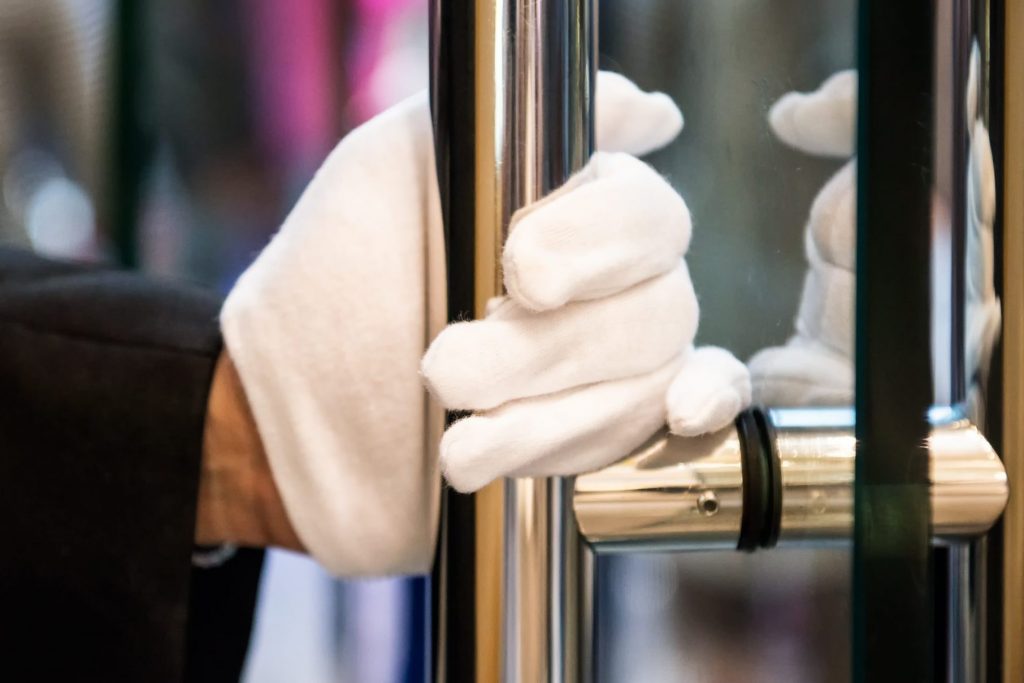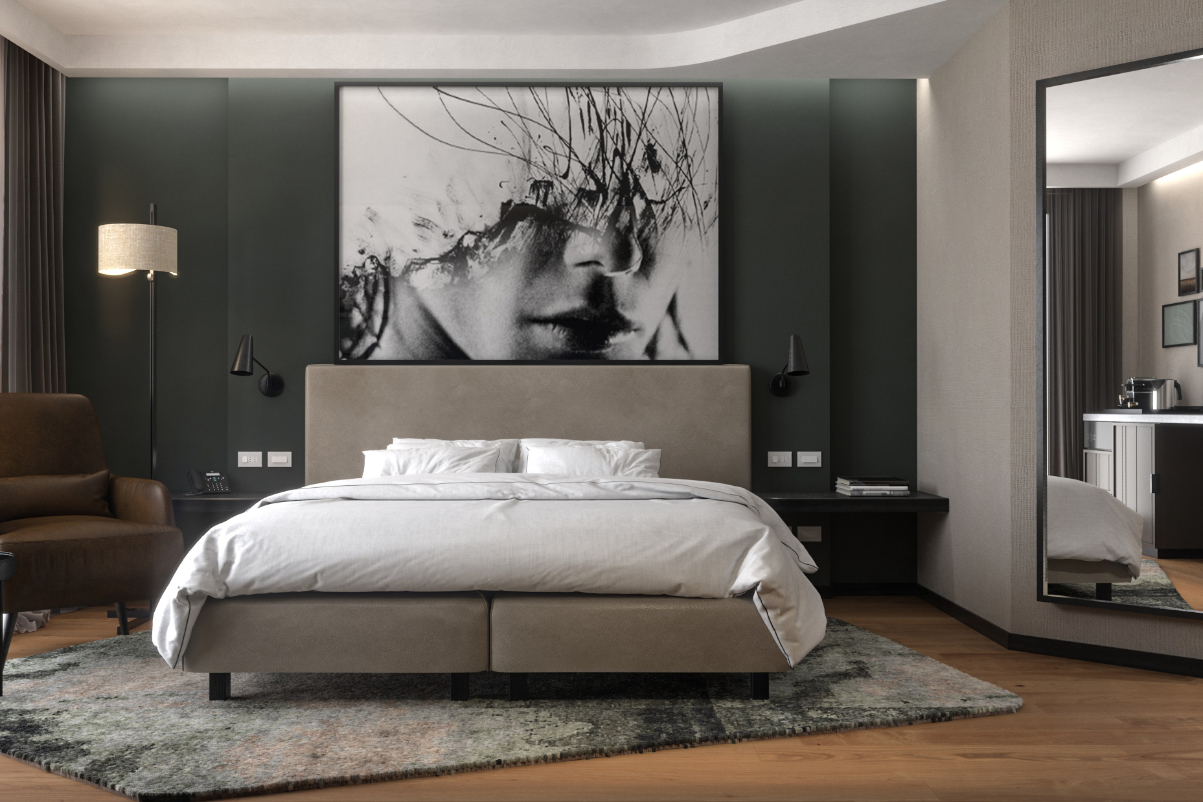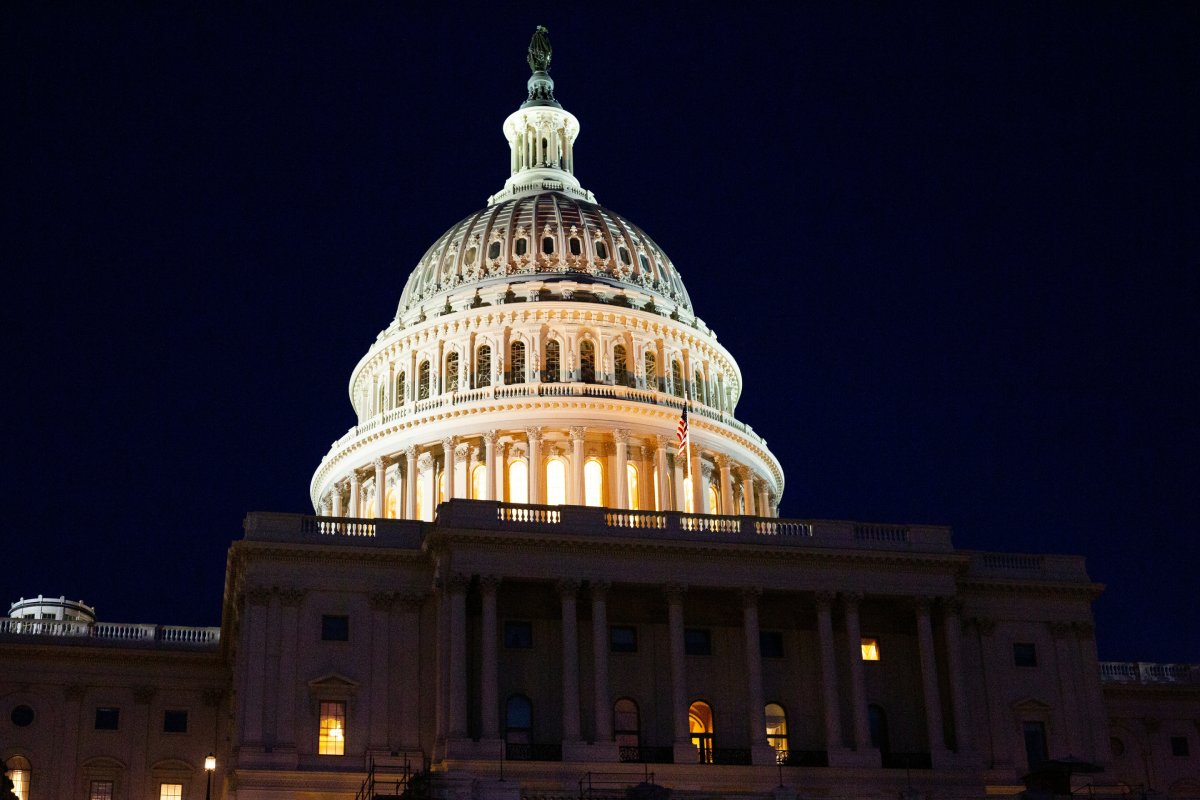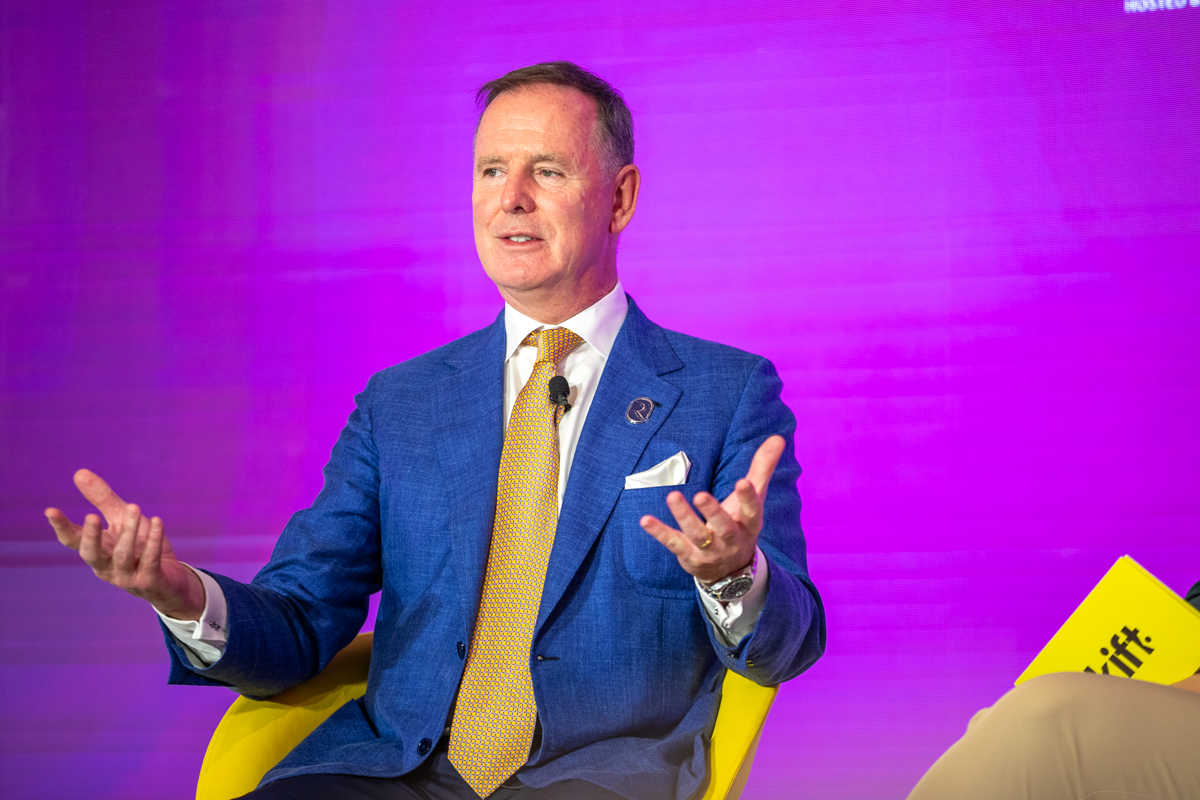A Contrarian Investment for Luxury: The Humble Doorman

Skift Take

On Experience
Colin Nagy is a marketing strategist and writes on customer-centric experiences and innovation across the luxury sector, hotels, aviation, and beyond. You can read all of his writing here.Covid protocols have been predicated on creating space and reducing contact between guests and staff. Luxury hospitality has used a fine-toothed comb to re-evaluate every element of the experience, optimizing for safety with staff behind glass, contactless screens, and other facets. The human-to-human element has most certainly been reduced.
But as Covid continues and guests and the travel industry need to work around the virus, as opposed to wait for it to go away, it is worth rethinking where there are useful human points of contact to double down on.
I have a bold proposal: instead of cutting or minimizing, luxury hospitality should double down on the doormen and bellmen. They are the unsung heroes of first impressions and actually can set a stay on the proper course in hugely impactful, yet subtle ways. While it is tempting to write off these jobs as someone who exists for luggage and logistics, they are the stewards that can make or break a stay, straight away.
Setting the Right Tone
As I wrote long ago with my Art of the Arrival piece back in 2016, a place like Park Hyatt Tokyo runs one of the most precise arrivals in the business. They know who is arriving, frequently recognize guests by name with no prompting, and run the tightest possible ship amidst the bustle of a busy Friday night. They are also the team that brings the guest through the sensory journey that is the arrival to the hotel: arriving in a car bay, walking through a small lobby, up the main elevator, through a beautiful bamboo garden bathed in the sunshine, down a subdued hallway and into the private check-in area (or better yet, direct to the room). In the span of these first five minutes, there is an incredible air of professionalism that sets the tone for the rest of your stay.
My argument is that if any luxury hotel can own this crucial time, they will see it in their reviews and in the overall impression of a stay. Another incredible example came with the arrival in San Francisco at the Four Seasons Embarcadero. The doorman, Haj, went above and beyond with not just greeting and recognizing me at the curb, but making sure there was an elegant handoff to the front desk. In a city that I have frequently been underwhelmed, this immediately conveyed: this stay is going to be different. My perception was already set in the right direction before I'd even received a key.
An Intelligence Source to Surprise and Delight
Another undervalued element of the power of the doorman comes from the intelligence gathering that can come with a simple walk with baggage to the room. This is where some hotels forget that the very accompaniment of a guest provides ample time to learn more about the context of their stay, things they are interested in, and potential opportunities to surprise and delight. It also allows for a protocol briefing and quick familiarization. The Carlyle in New York does this to exceptional effect. The teams communicate quickly based on these deduced guest preferences during the arrival process, and the subtle machinations of the hotel swing into place to improve a stay. It's simple, but you'd be surprised how many luxury hotels don't use this enough.
It’s tempting to think that Covid has changed the guest experience forever. This might be partially true. But hoteliers need to think about where there can be contrarian investments: zig when everyone else seems to zag to create an outsized impact. This might come by reinvesting and supercharging the humble doorman.





